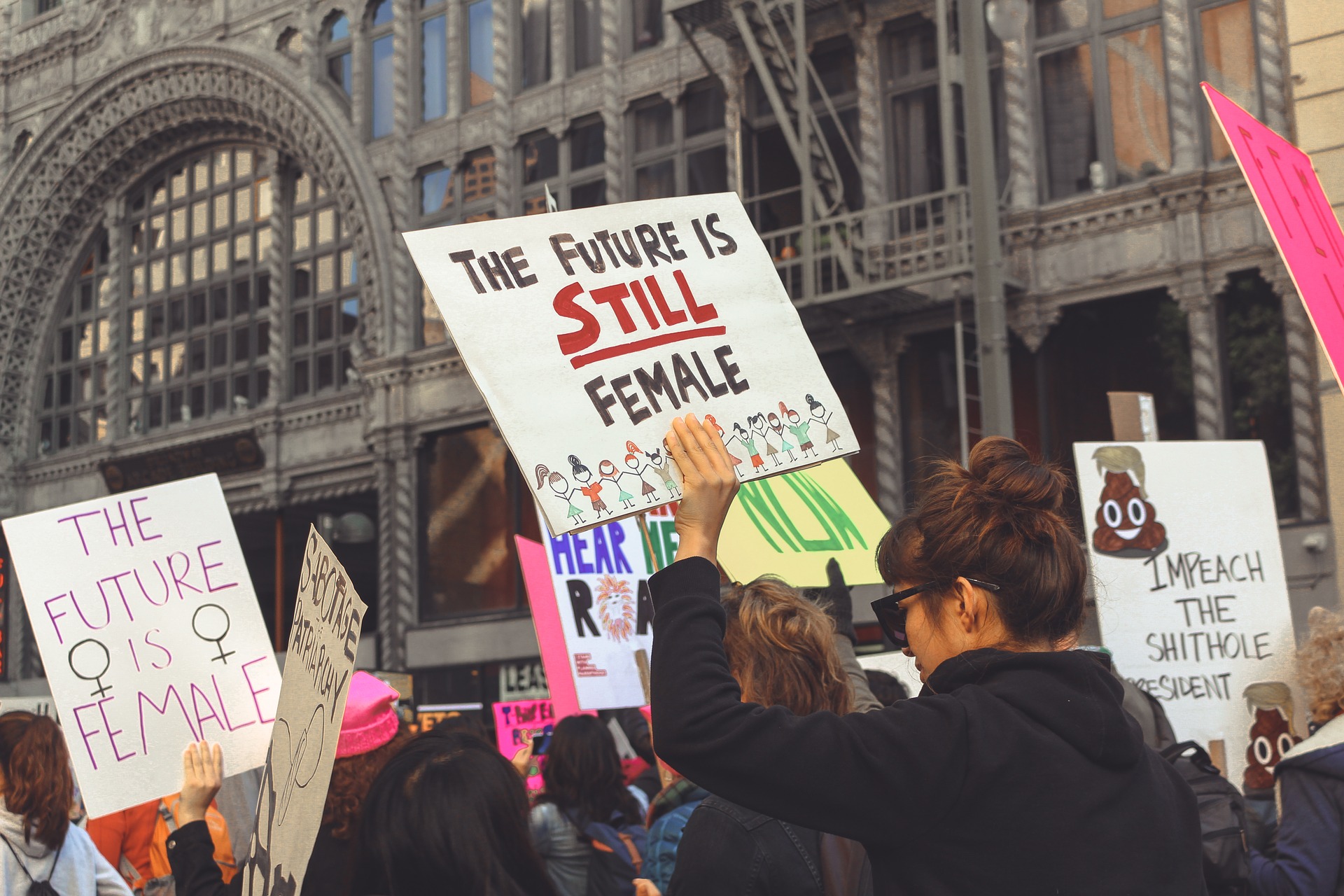This article showcases our top picks for the best recent feminist books. We reached out to industry leaders and experts who have contributed the suggestions within this article (they have been credited for their contributions below).
We are keen to hear your feedback on all of our content and our comment section is a moderated space to express your thoughts and feelings related (or not) to this article This list is in no particular order.
The Testaments by Margaret Atwood
This product was recommended by Monica Davis from My Straightener
I was absolutely enthralled with this book since the first page. I loved The Handmaid’s Tale, and was thristy for more. Atwood again delivers. I loved how she took three very different women; with different tones and writing styles and made the reader feel something for all of them. It was hard at first to feel anything for the main character, but through the pages of seeing into her mind, I began to become more understanding of why she is the way she is. This book is an absolute page turner, a beautiful sequel to The Handmaid’s Tale. Give it a read to fuel up all your feminist energy.
Era of Ignition by Amber Tamblyn
This product was recommended by Lauren Patrick from Curricula
What I loved about Era of Ignition is how well Tamblyn captures this moment for women in America. Her quote: “We are learning the more we open our mouths, the more we become a choir. And the more we are a choir, the more the tune is forced to change,” represents this era of modern feminism so well. Also: “What was to come had been coming for generations and was long overdue. It was the beginning of a revolution. A revolution that finally belonged to the revolutionaries: people of all kinds.”
Another great book is Finding My Voice by Valerie Jarrett
This product was recommended by Lauren Patrick from Curricula
Jarrett was Michelle Obama’s boss back in the day in Chicago, then became an advisor to the Obamas for all eight years in the White House. She offers so much valuable advice for women (and men) in this book. My favorite quote is: Part of finding your voice is learning not to worry so much about how we appear; instead, it is about being comfortable in showing who we are.”
How to Start a Revolution by Lauren Duca
This product was recommended by Lauren Patrick from Curricula
Lauren gained notoriety when her article in Teen Vogue about how Trump is Gaslighting America went viral in 2017. She went on Fox News where a patronizing Tucker Carlson told her to stick to writing about thigh-high boots, and she calls him a ‘sexist pig’ before the feed is cut. Her book is a call to action for everyone motivated to join this revolution happening in our country and around the world.
Lead from the Outside by Stacey Abrams
This product was recommended by Lauren Patrick from Curricula
Stacey is a force to be reckoned with, and she shows her reader how to become one as well. Her book includes her stories of how she made change happen, plus worksheets and exercises for the reader to use when planning their own future as well.
I LOVE MYSELF by Christine Scott-Hudson MA MFT
This product was recommended by Christine Scott-Hudson from Create Your Life Studio
Daily self-love affirmations are compensatory for a world that teaches you that your worth and value as a woman are to be decorative. Be embodied.
Hood Feminism by Mikki Kendall
This product was recommended by Megan Griffith from Healing Unscripted
Mikki Kendall’s Hood Feminism is a masterpiece of intersectionality, a dose of reality that the current wave of feminism desperately needs. Feminism isn’t just about progress for middle-class white women. Housing, mental health, and race are all integral to feminism as well. If you’re ready to integrate feminism into all areas of your life, you have to read Hood Feminism.
Recollections of My Non-Existence by Rebecca Solnit
This product was recommended by Silvia Borges from EnviroMom
One of the very few positives in 2020 has been the release of a new nonfiction book by Rebecca Solnit, an eco-feminist author famous for spotlighting the phenomenon of “mansplaining”. The book explores the phenomenon of female speech – how it opens up the space for its own deployment, how it evolves, and how it manages to transfigure and overcome the domineering framework of ever-present harassment and violence. The author could only break off the vicious cycle of silencing by writing her way out of it. But it’s not just women who were being silenced at the time; it’s also gay people as well as ethnic minorities. It is a personal history interwoven with a history of San Francisco, where the author spent her youth in poverty and social turmoil. As she did in some of her earlier books I had a chance to read (e.g. Wanderlust: a History of Walking), Solnit delineates urban scenery, landscape, and politics. It’s another morsel for thought about how a city shapes its men and women, and how the latter can help reshape it in turn.
The Assertiveness Guide for Women by Julie de Azevedo Hanks PhD LCSW
This product was recommended by Tracy Lyon Hollinshead from Sunshine and Vine
What did NOT draw me in was the cover of the book. The silhouette of a woman with pointed finger in the air. I like to think my power shines through my personal choices and actions and have never felt the need to thrust a pointed finger in the air and shout, “I’m number one!” But once I researched the author’s background and read the reviews, I chose to take a chance on the book. I am glad I did. The author does a great job speaking from the experience of being raised in an ultra-conservative religious family and gives examples of making the choice to challenge traditional ideas of a woman’s role and position in the family and society. All without throwing out the good that might come from being part of a faith-based community. Hanks expresses the need for women to retrain themselves to move from communicating with the goal of preserving a nice, compliant, and self-sacrificing persona to communicating from a position of independent thought and strength. I love the workbook section. It includes questions to promote self-reflection, self-awareness, self-soothing, and self-expression. And I appreciate that though the book is short, it is packed full of PhD-level text that can hold the attention of those seeking a more cerebral-style self-help book. Most of all, I appreciate that the author encourages women to communicate from a position of agency versus a victim mindset.














